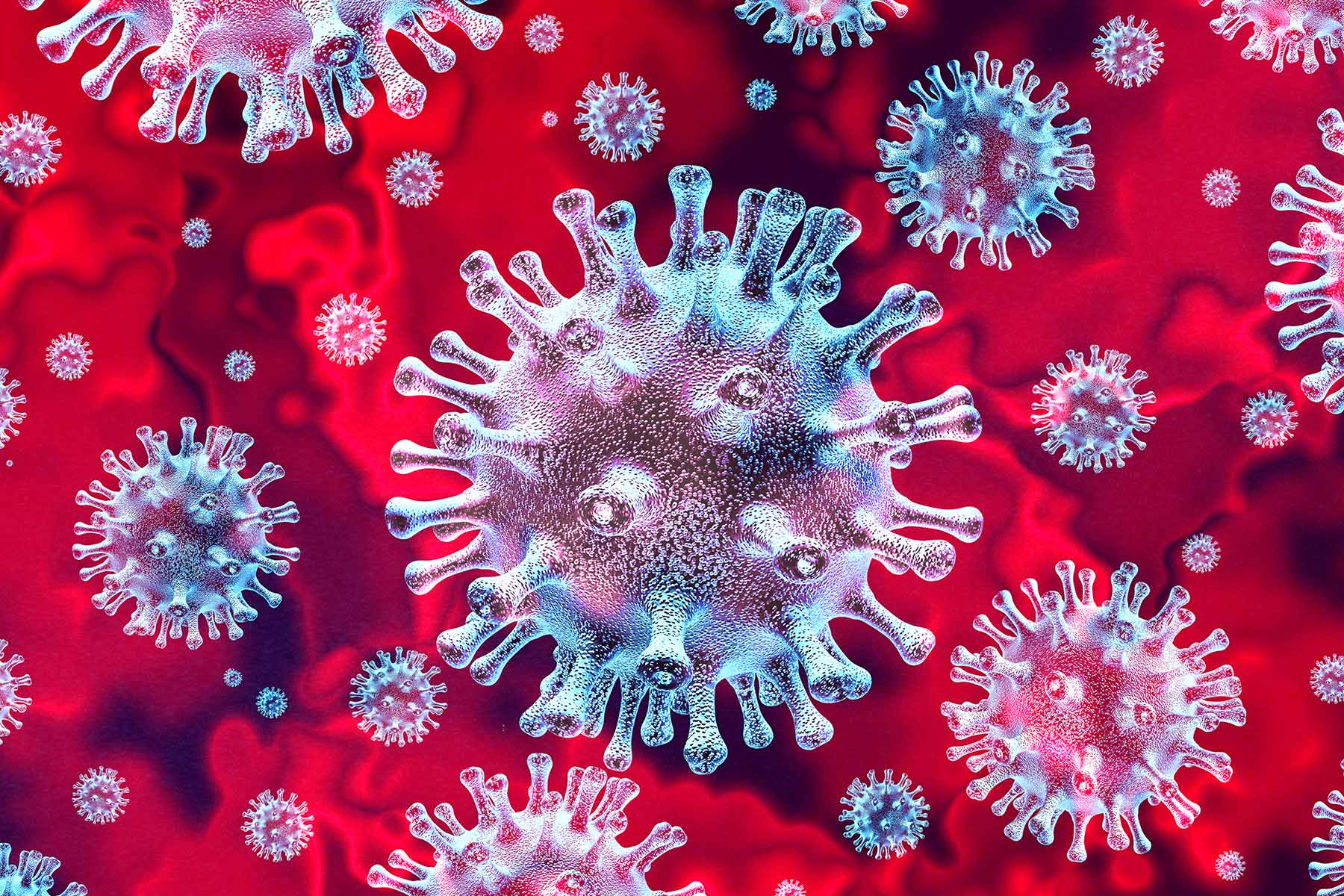Executive Director, National Primary Health Care Development Agency, Dr Faisal Shuaib, on Tuesday, said Nigeria would receive at least 100,000 doses of the Pfizer and BioNTech approved COVID-19 vaccines by the end of this month.
Speaking in Abuja at a briefing of the Presidential Task Force on COVID-19, he said a letter announcing this allocation in the first phase of the delivery of the vaccines was expected from the COVAX facility during this week.
- Concerns over fresh electricity tariff hike
- 2023: Igbo leaders demand presidential tickets from APC, PDP
He said priority would be given to frontline health workers, first responders, strategic country’s leadership and those that are elderly and with co-morbidities.
Shuaib said Nigeria was also expected to secure a free delivery of 42 million doses of vaccines in the second phase through the COVAX facility, an initiative run by the vaccine alliance, GAVI, to ensure equitable access to a COVID vaccine.
He said: “The second phase will be a combination of all the available approved vaccines currently in the market. These vaccines will, however, cover only about 20%of Nigeria’s population.”
Shuaib said about 70% of the total population needed to receive the COVID-19 vaccines to completely eradicate the virus.
He said only about 40% would be vaccinated in 2021; and the remaining 30%, in 2022.
He said there were some components on financing cost of additional vaccines and delivery to the country.
He said: “The first is the cost of procuring the vaccines, the second is cost of delivering to every ward and the third is ensuring the PHCs and the health workers are available to deliver the vaccines safely and effectively.”
He, however, said the PTF was finalising the cumulative financial requirement for deploying vaccines to the last miles.
The Comptroller-General of the Nigeria Immigration, Muhammad Babandede, cautioned that the NIS has the powers to revoke visas and confiscate passports of offenders.
He said the 100 travellers under a ban for breaching the mandatory seven-day post-arrival COVID-19 polymerase chain reaction test would not be issued fresh passports.
“The public health is a big issue in the country and based on that directives, we have complied by blocking 100 passports from travelling, which means, even if they go to the police and declare those passports missing, they cannot be reissued anywhere in the world and they cannot cross our national borders until the period of six months or communication received from the right authorities stating that they have complied.
“This will also include non-Nigerians; we have the powers to revoke visas, the comptroller-general has the power to revoke visas,” the NIS boss said.

 Join Daily Trust WhatsApp Community For Quick Access To News and Happenings Around You.
Join Daily Trust WhatsApp Community For Quick Access To News and Happenings Around You.


